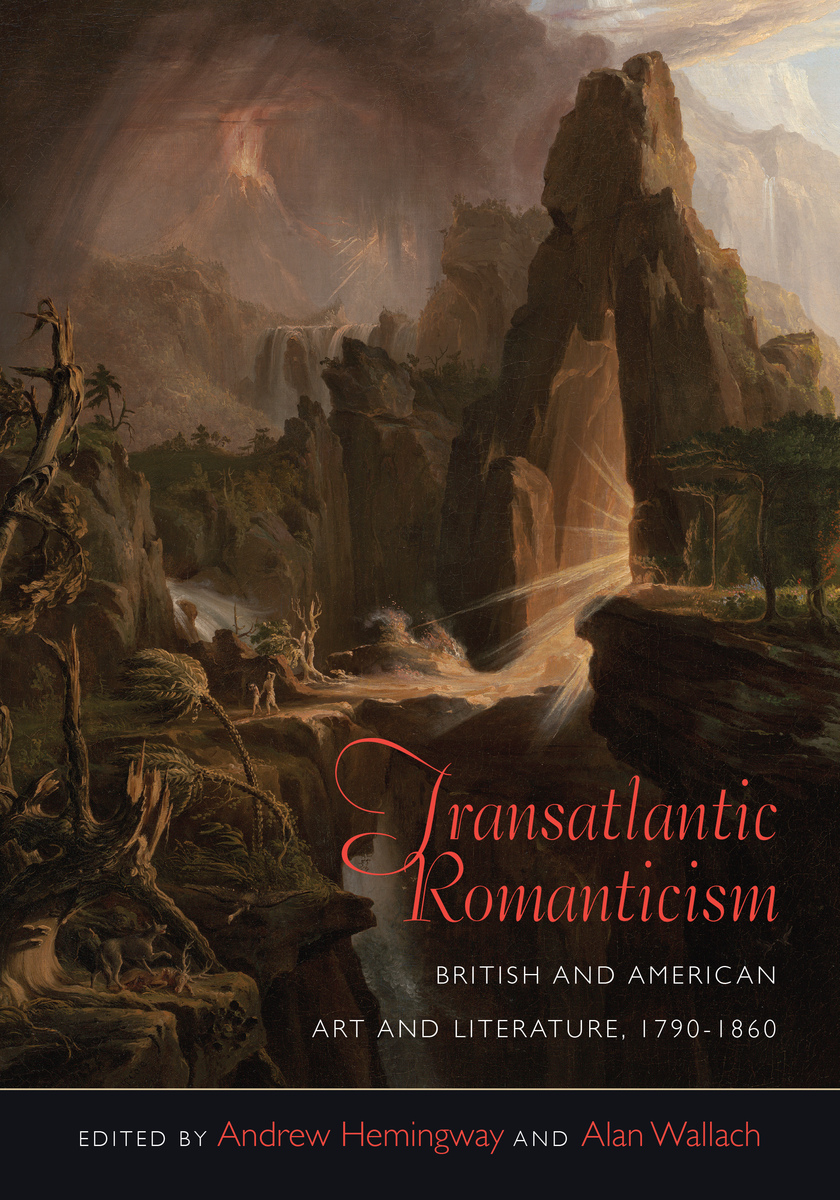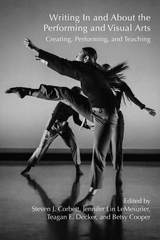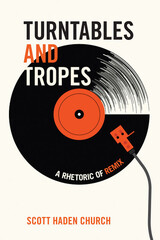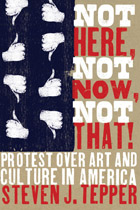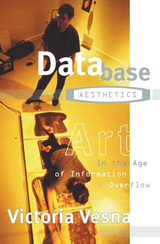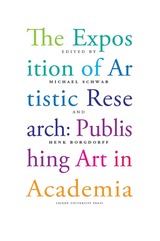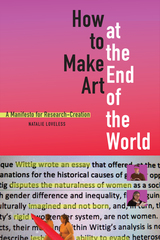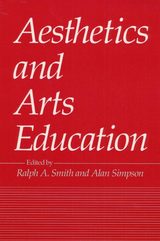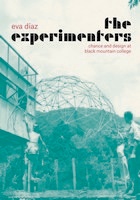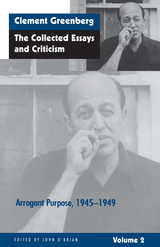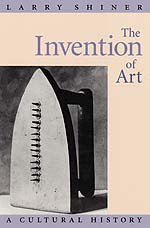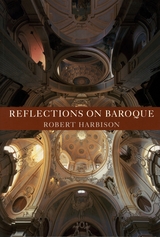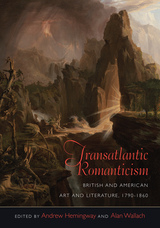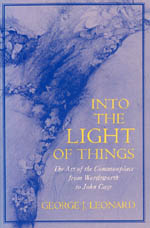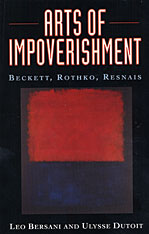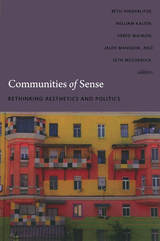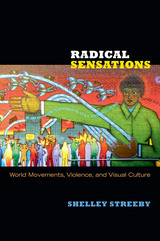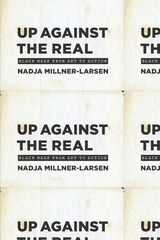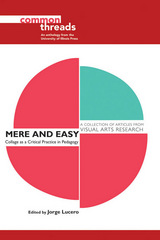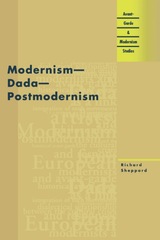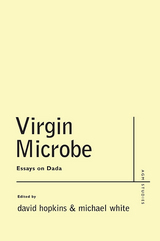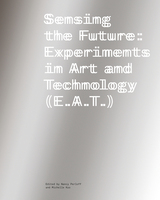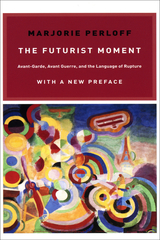Transatlantic Romanticism: British and American Art and Literature, 1790-1860
University of Massachusetts Press, 2014
eISBN: 978-1-61376-350-6 | Cloth: 978-1-62534-114-3
Library of Congress Classification NX452.5.R64T73 2015
Dewey Decimal Classification 700.4145
eISBN: 978-1-61376-350-6 | Cloth: 978-1-62534-114-3
Library of Congress Classification NX452.5.R64T73 2015
Dewey Decimal Classification 700.4145
ABOUT THIS BOOK | AUTHOR BIOGRAPHY | REVIEWS
ABOUT THIS BOOK
That the Romantic movement was an international phenomenon is a commonplace, yet to date, historical study of the movement has tended to focus primarily on its national manifestations. This volume offers a new perspective. In thirteen chapters devoted to artists and writers of the late eighteenth and early nineteenth centuries, leading scholars of the period examine the international exchanges that were crucial for the rise of Romanticism in England and the United States.
In the book's introduction, Andrew Hemingway—building on the theoretical work of Michael Lowy and Robert Sayre—proposes that we need to remobilize the concept of Weltanschauung, or comprehensive worldview, in order to develop the kind of synthetic history of arts and ideas the phenomenon of Romanticism demands. The essays that follow focus on the London and New York art worlds and such key figures as Benjamin West, Thomas Bewick, John Vanderlyn, Washington Allston, John Martin, J. M. W. Turner, Thomas Cole, James Fenimore Cooper, George Catlin, Edgar Allan Poe, Harriet Beecher Stowe, and Herman Melville. Taken together, these essays plot the rise of a romantic anti-capitalist Weltanschauung as well as the dialectic between Romanticism's national and international manifestations.
In addition to the volume editors, contributors include Matthew Beaumont, David Bindman, Leo Costello, Nicholas Grindle, Wayne Franklin, Janet Koenig, William Pressly, Robert Sayre, William Truettner, Dell Upton, and William Vaughan.
In the book's introduction, Andrew Hemingway—building on the theoretical work of Michael Lowy and Robert Sayre—proposes that we need to remobilize the concept of Weltanschauung, or comprehensive worldview, in order to develop the kind of synthetic history of arts and ideas the phenomenon of Romanticism demands. The essays that follow focus on the London and New York art worlds and such key figures as Benjamin West, Thomas Bewick, John Vanderlyn, Washington Allston, John Martin, J. M. W. Turner, Thomas Cole, James Fenimore Cooper, George Catlin, Edgar Allan Poe, Harriet Beecher Stowe, and Herman Melville. Taken together, these essays plot the rise of a romantic anti-capitalist Weltanschauung as well as the dialectic between Romanticism's national and international manifestations.
In addition to the volume editors, contributors include Matthew Beaumont, David Bindman, Leo Costello, Nicholas Grindle, Wayne Franklin, Janet Koenig, William Pressly, Robert Sayre, William Truettner, Dell Upton, and William Vaughan.
See other books on: 1790 - 1860 | Arts, American | Arts, British | British | Romanticism
See other titles from University of Massachusetts Press
